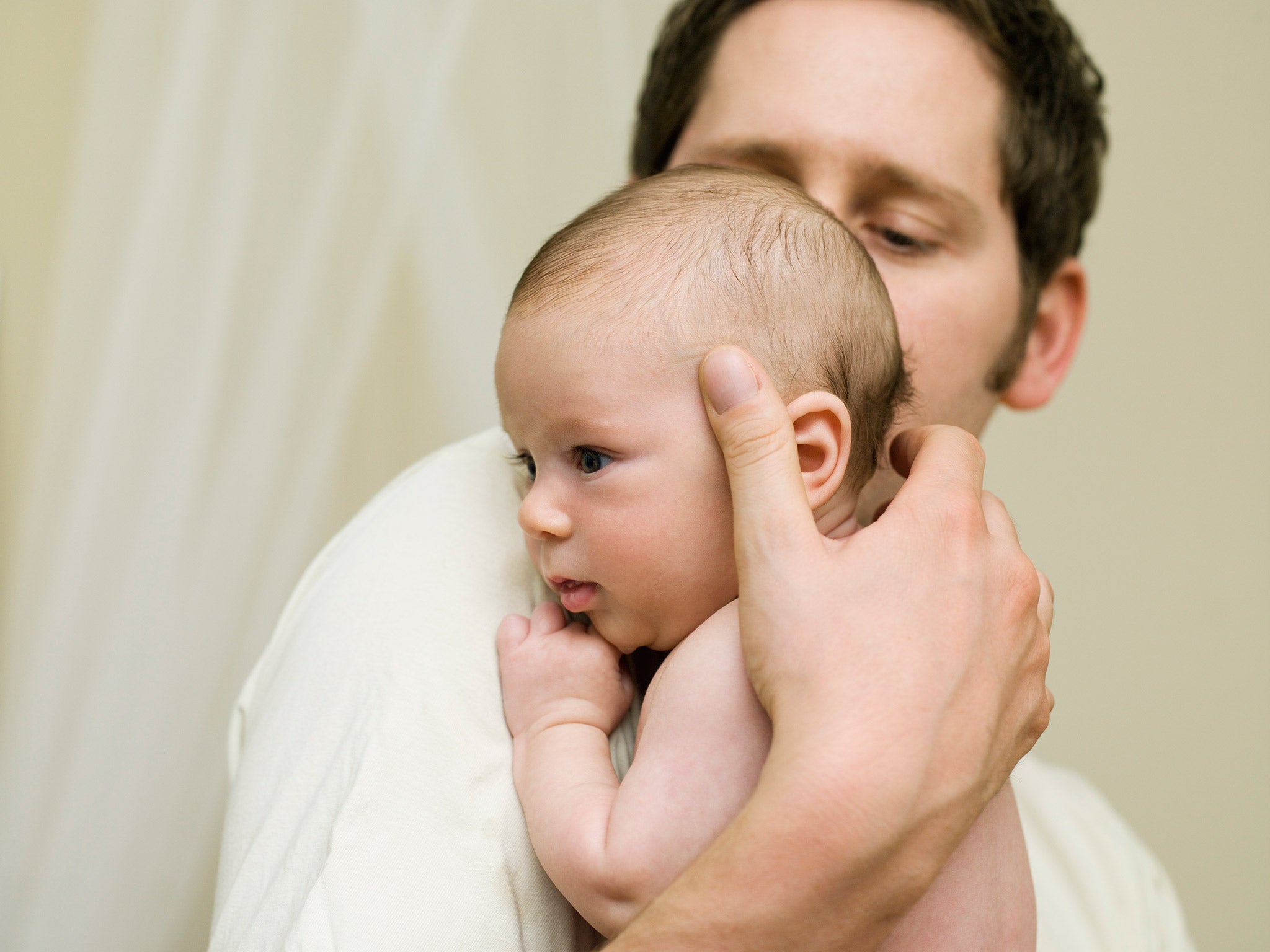New fathers experience brain change to bond with their child
Men become better at multitasking, more empathic, and more forgetful as they help raise their young child, according to a new study

Your support helps us to tell the story
From reproductive rights to climate change to Big Tech, The Independent is on the ground when the story is developing. Whether it's investigating the financials of Elon Musk's pro-Trump PAC or producing our latest documentary, 'The A Word', which shines a light on the American women fighting for reproductive rights, we know how important it is to parse out the facts from the messaging.
At such a critical moment in US history, we need reporters on the ground. Your donation allows us to keep sending journalists to speak to both sides of the story.
The Independent is trusted by Americans across the entire political spectrum. And unlike many other quality news outlets, we choose not to lock Americans out of our reporting and analysis with paywalls. We believe quality journalism should be available to everyone, paid for by those who can afford it.
Your support makes all the difference.Men become better fathers in the early months of child rearing as their brains change — becoming more motherly.
Researchers from Yale University scanned the brains of 16 university-educated professionals at different stages of their young child's life, and discovered that becoming a father can trigger a major brain chemistry change.
The study, the first to look at the neurological changes brought about by fatherhood, concluded that fathers who are involved in bringing up their children adapt quickly and become as suited to parenthood as mothers.
Among the changes to the father's brain is the expansion of grey matter, shrinking grey matter elsewhere and a larger pre-frontal cortex
These changes manifest as increased emotional response, improved multitasking and also a worse memory.
Researchers found that gay fathers experience the same brain change if they are involved in raising the child.
The study, published in the journal Social Neuroscience, concluded: "These early father-infant interactions and emotional bonding become the basis of the father-infant attachment, which has a long-lasting impact on cognitive functions and social attachment for offspring.
"The findings may thus lead to the identification of specific brain regions of potential importance for early father-infant attachment."
Researcher Ruth Feldman, a psychology professor from Bar-Ilan University in Tel Aviv, said this is just the beginning.
She told the Sunday Times: "It was already known that women's brains develop the greatest number of new connections after childbirth.
"We have now shown that fathers' brains are sensitive to the experience of child-caring in those that are actively involved, but we don't yet know what happens longer term."
Here are seven ways in which a man's brain is changed by fatherhood:
More Grey Matter
The growth of grey matter in the striatum, amygdala and hypothalamus are the cause of the positive brain changes.
Better Multitasking
This is one of the key fatherhood adaptations, caused by that growing grey matter.
More Emotionally Responsive
The bond between father and child is strengthened by improved emotional responsiveness, and this is seen to have a lasting positive effect on the child as well.
Detecting Babies' Needs
Fathers become increasingly perceptive of what their child is crying out for - food, sleep, etc.
More Like a Mother
It turns out that men are just as suited to parenthood as women, with the brain changes observed found to mirror those that mothers experience.
Worse Memory
Unlike mothers, however, fathers see their memory retrieval ability deteriorate.
Worse Decision-Making
Likewise, as the father's brain refocuses on emotionality, the part of the brain in which complicated decisions are made becomes less active.
Join our commenting forum
Join thought-provoking conversations, follow other Independent readers and see their replies
Comments